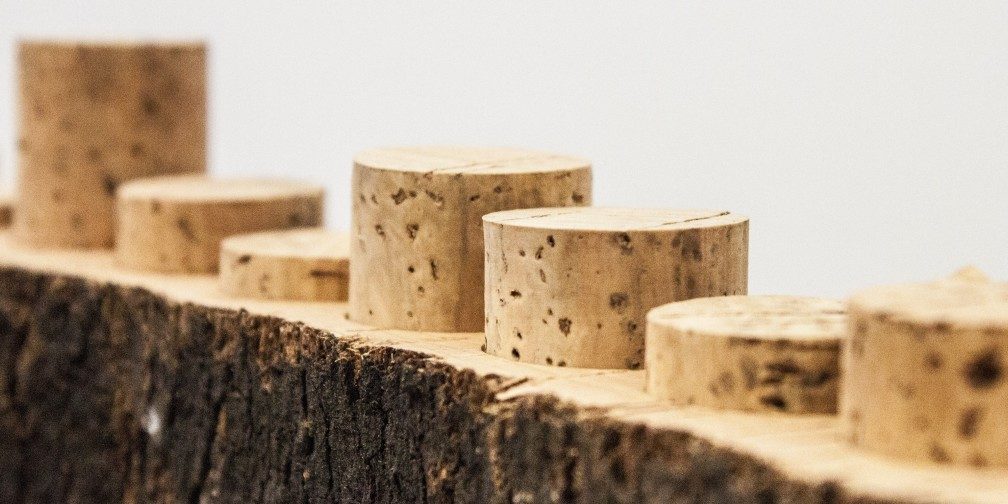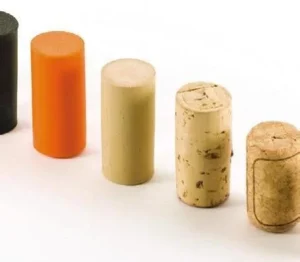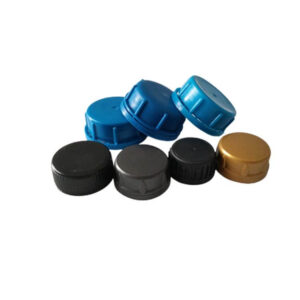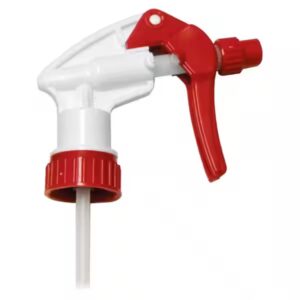In the world of wine, every detail contributes to the final experience—from the grape variety to the aging process. Among these, the choice of bottle stopper plays a surprisingly pivotal role, and for centuries, natural corks have remained the gold standard for wine producers worldwide. Far more than a simple seal, natural corks are intertwined with wine’s heritage, quality, and brand identity. This article explores why wine producers continue to favor natural corks, focusing on their impact on branding and product value.

How Natural Corks Benefit Wine Quality
1. Micro-Oxygenation: The Key to Aging Gracefully
One of the most critical attributes of natural corks is their unique ability to facilitate controlled micro-oxygenation. Unlike synthetic stoppers or screw caps, which create an airtight seal, natural corks allow tiny amounts of oxygen to permeate the bottle over time. This gradual oxygen exchange is essential for wine’s development: it softens tannins in red wines, enhances aromatic complexity, and balances flavors in whites. For premium wines designed to age for years—even decades—this slow maturation process, enabled by natural corks, transforms good wine into something extraordinary. Without the right level of oxygen, wines can become stagnant, losing their nuance and depth.
2. Superior Sealability and Protection
Natural corks are celebrated for their exceptional sealing properties, derived from the unique cellular structure of cork oak bark. This structure allows the cork to expand slightly when inserted into the bottle, creating a tight seal that prevents leakage and contamination. Unlike synthetic alternatives, which may degrade over time or react with wine compounds, natural corks are chemically inert, ensuring they won’t alter the wine’s taste or aroma. This reliability is especially crucial for wines intended for long-term storage, where a faulty seal could ruin years of careful craftsmanship. When compared to other stoppers, natural corks consistently outperform in protecting wine quality from bottling to uncorking.
The Impact of Natural Corks on Wine Branding
1. A Symbol of Tradition and Craftsmanship
Natural corks carry a rich legacy deeply rooted in wine history. For centuries, cork oak forests in Portugal, Spain, and Italy have supplied the wine industry with this natural material, and the process of harvesting cork—done by hand to avoid harming the trees—embodies a commitment to tradition. For wine producers, using natural corks signals respect for this heritage, positioning their brand as one that values craftsmanship and time-honored methods. This connection to tradition resonates with consumers who seek authenticity in their wine choices, associating natural corks with artisanal quality. A wine sealed with a natural cork tells a story—one of patience, skill, and a dedication to preserving wine’s timeless appeal.
2. Enhancing Premium and Luxury Perception
In the minds of consumers, natural corks are inherently linked to premium wines. This association stems from their long-standing use in high-end wines, where quality and exclusivity are paramount. A natural cork’s texture, the satisfying “pop” when opened, and even the need for a corkscrew all contribute to a sense of occasion, elevating the wine-drinking experience. For luxury wine brands, this perception is invaluable: natural corks reinforce a premium image, justifying higher price points and appealing to discerning buyers. Even mid-range brands can benefit, as using natural corks signals a commitment to quality that sets them apart from competitors using cheaper alternatives.
How Natural Corks Increase Wine Product Value
1. Boosting Aging Potential and Investment Value
Wines sealed with natural corks are often prized by collectors and enthusiasts for their superior aging potential. As discussed, the controlled oxygen exchange enabled by natural corks allows wines to develop complexity over time, increasing their value in the secondary market. A well-aged wine with a natural cork can fetch significantly higher prices than one sealed with a synthetic stopper, as collectors trust in the cork’s ability to preserve the wine’s integrity. For producers, this means that using natural corks can transform a wine into an investment, appealing to buyers looking for wines that will appreciate in both quality and worth.
2. Meeting Consumer Demand and Driving Market Competitiveness
Market research consistently shows that a large segment of wine consumers prefers wines with natural corks. A 2023 survey by the International Cork Association found that 72% of wine drinkers associate natural corks with higher quality, and 65% are willing to pay more for a wine sealed with a natural cork. This preference translates directly to sales: wines with natural corks often enjoy stronger market demand and higher profit margins. By aligning with consumer expectations, producers can differentiate their products, build customer loyalty, and ultimately increase their bottom line. In a crowded market, natural corks provide a competitive edge that goes beyond mere functionality.
Common Misconceptions About Natural Corks and Clarifications
1. Addressing Cork Taint Concerns
One persistent myth is that natural corks are prone to cork taint—a musty odor caused by a chemical compound called TCA. While this was a more significant issue in the past, modern production methods have drastically reduced the risk. Today, rigorous testing and quality control measures ensure that less than 1% of natural corks are affected by taint. Producers can further mitigate this risk by working with reputable suppliers who use advanced screening technologies, making cork taint a rare occurrence in today’s wine industry.
2. Debunking the “High Cost” Myth
Critics often argue that natural corks are more expensive than synthetic alternatives, but this ignores their long-term value. While natural corks may have a higher upfront cost, their role in preserving wine quality, enhancing brand perception, and increasing market value makes them a cost-effective choice. For wines intended to age or positioned as premium, the return on investment from using natural corks far outweighs the initial expense. When factoring in consumer preference and the risk of damaging a brand’s reputation with inferior stoppers, natural corks prove to be a wise financial decision.
Why Choose STDPAK for Your Natural Cork Needs?
At STDPAK, we understand the critical role natural corks play in your wine’s quality, branding, and value. As a leading supplier of natural corks for the global wine industry, we source our cork from sustainably managed cork oak forests, ensuring both premium quality and environmental responsibility. Our natural corks undergo rigorous testing to eliminate taint risks, with advanced screening processes that guarantee consistency and reliability.
We offer a range of natural cork solutions tailored to your brand’s needs, from standard corks for everyday wines to premium, branded corks with custom prints or logos that enhance your packaging’s visual appeal. Our team works closely with wine producers to understand their specific requirements, whether for short-term release wines or long-aging vintages, ensuring the perfect cork for every product.
With STDPAK, you gain more than a supplier—you gain a partner committed to elevating your brand. We provide timely delivery, competitive pricing, and expert guidance to help you leverage the benefits of natural corks for your wine’s success.
Ready to Elevate Your Wine with Natural Corks from STDPAK?
Don’t let your choice of stopper undermine your wine’s quality or brand potential. Natural corks are more than a seal—they’re an investment in your wine’s legacy, appeal, and value. Contact STDPAK today to explore our range of natural corks and discover how we can help you enhance your wine’s reputation, attract discerning consumers, and boost your bottom line. Let’s uncork success together.






